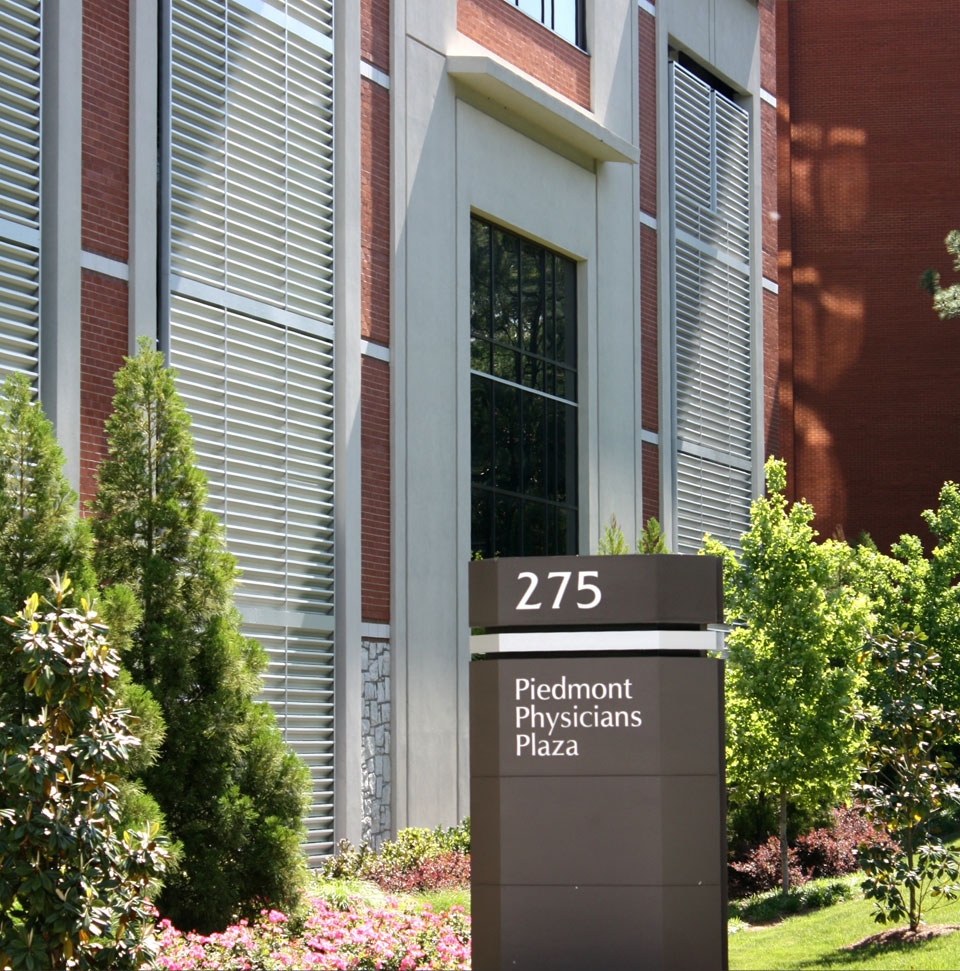Menopause and Hormone Therapy
Menopause is the complete cessation of menses for 12 months. Menopause Transition is the period in a woman's life when her ovaries stop producing eggs, her body produces less estrogen and progesterone, and menstruation becomes less frequent, eventually stopping altogether. Many, but not all, women experience symptoms including night sweats, hot flashes, mood swings, memory issues and vaginal dryness. In addition, the consequences of a lack of estrogen are bone loss and cardiovascular disease.
Hormone Therapy can be effective in some patients for reducing menopause symptoms and improving general health, and can be given vaginally, orally or transdermally. Each treatment is tailored specifically to the patient with follow-up evaluations scheduled regularly to determine the treatment’s effectiveness.
FAQs
How do I know when I am in menopause?
Menopause is the end of menstruation, and typically occurs between the ages of 47-55, although perimenopause may begin years earlier. Many women experience irregular periods, vaginal dryness, night sweats or sleep problems that indicate they are entering the transition to menopause. Blood tests to measure hormone levels and determine if you are experiencing menopause may be done, if necessary.
Should I take replacement hormones?
Replacement hormones may be used to treat symptoms of menopause and prevent or at least postpone some of the consequences of a lack of estrogen. We work individually with each patient to determine the most effective treatment, which may or may not include hormone replacement therapy.
When is it safe to stop using birth control?
Continue using your birth control method for a year after your final period.


